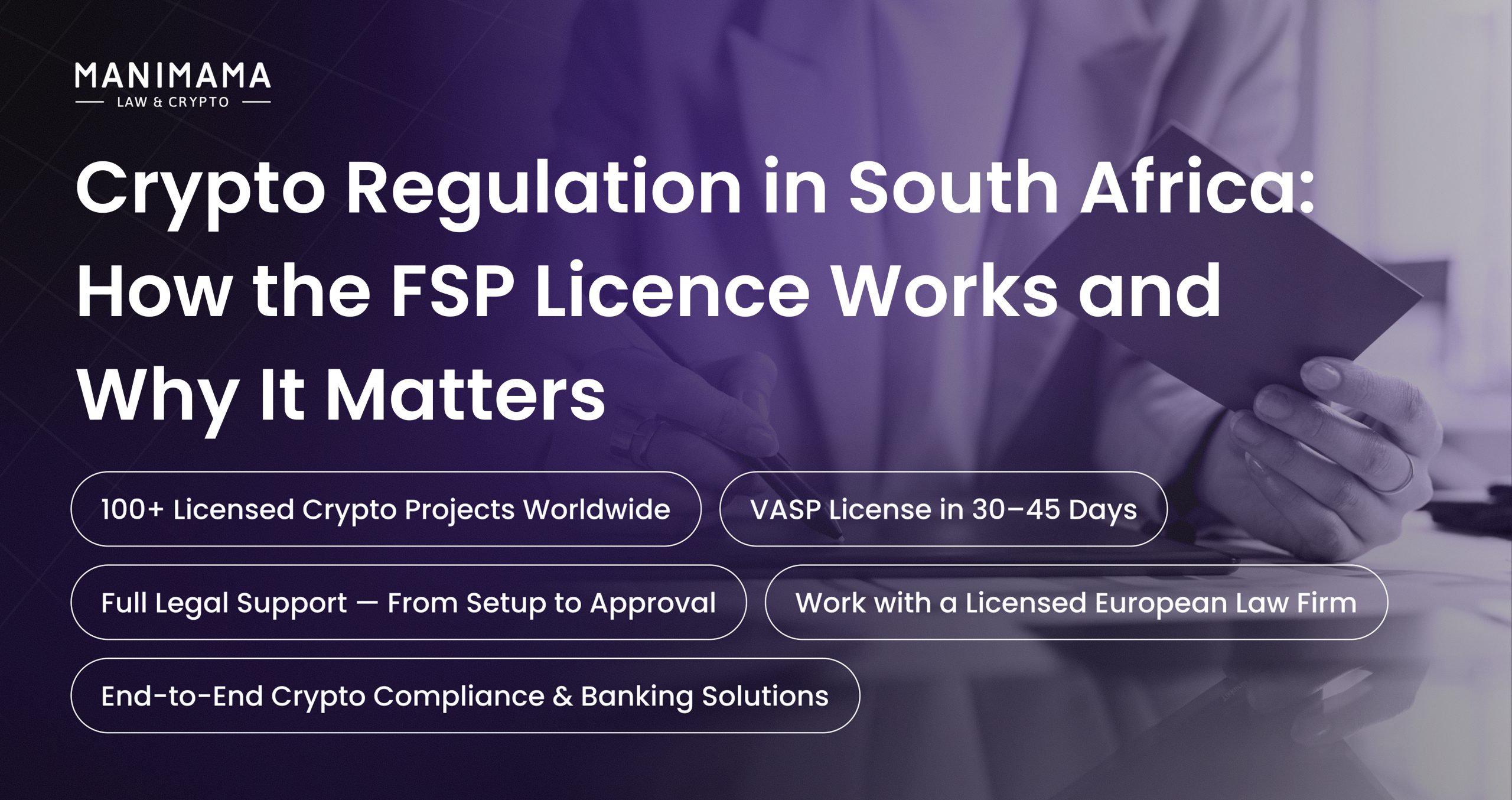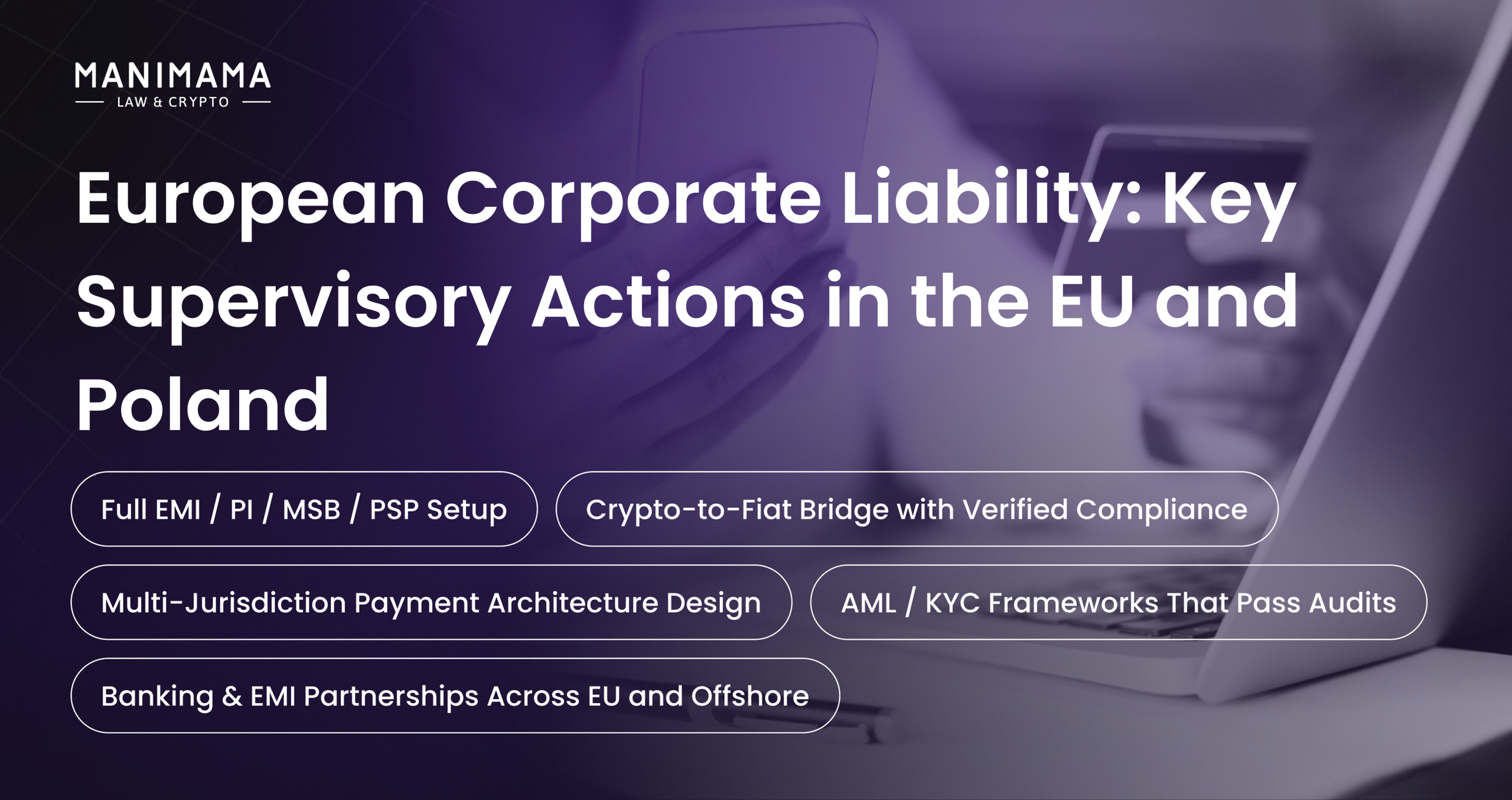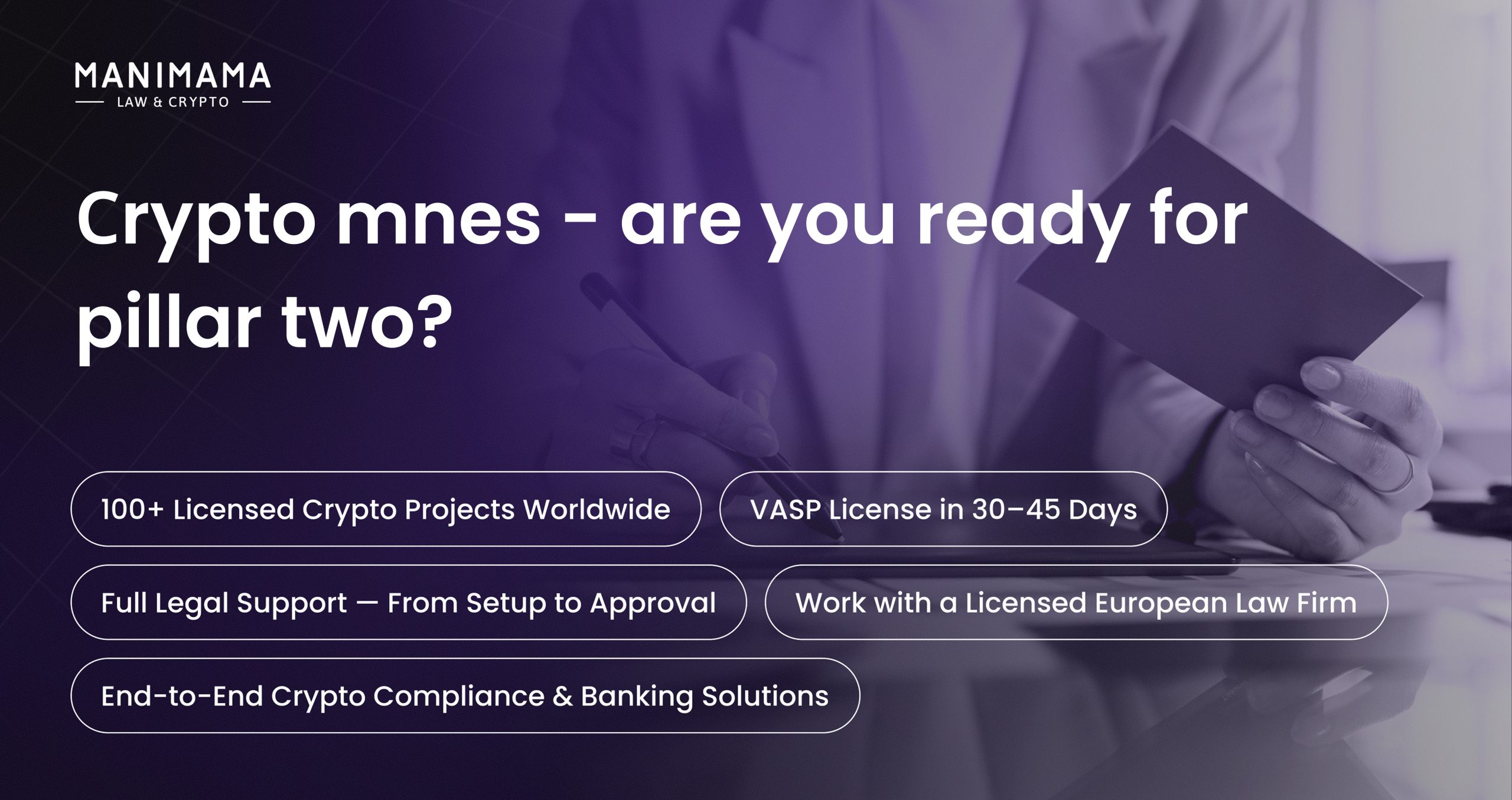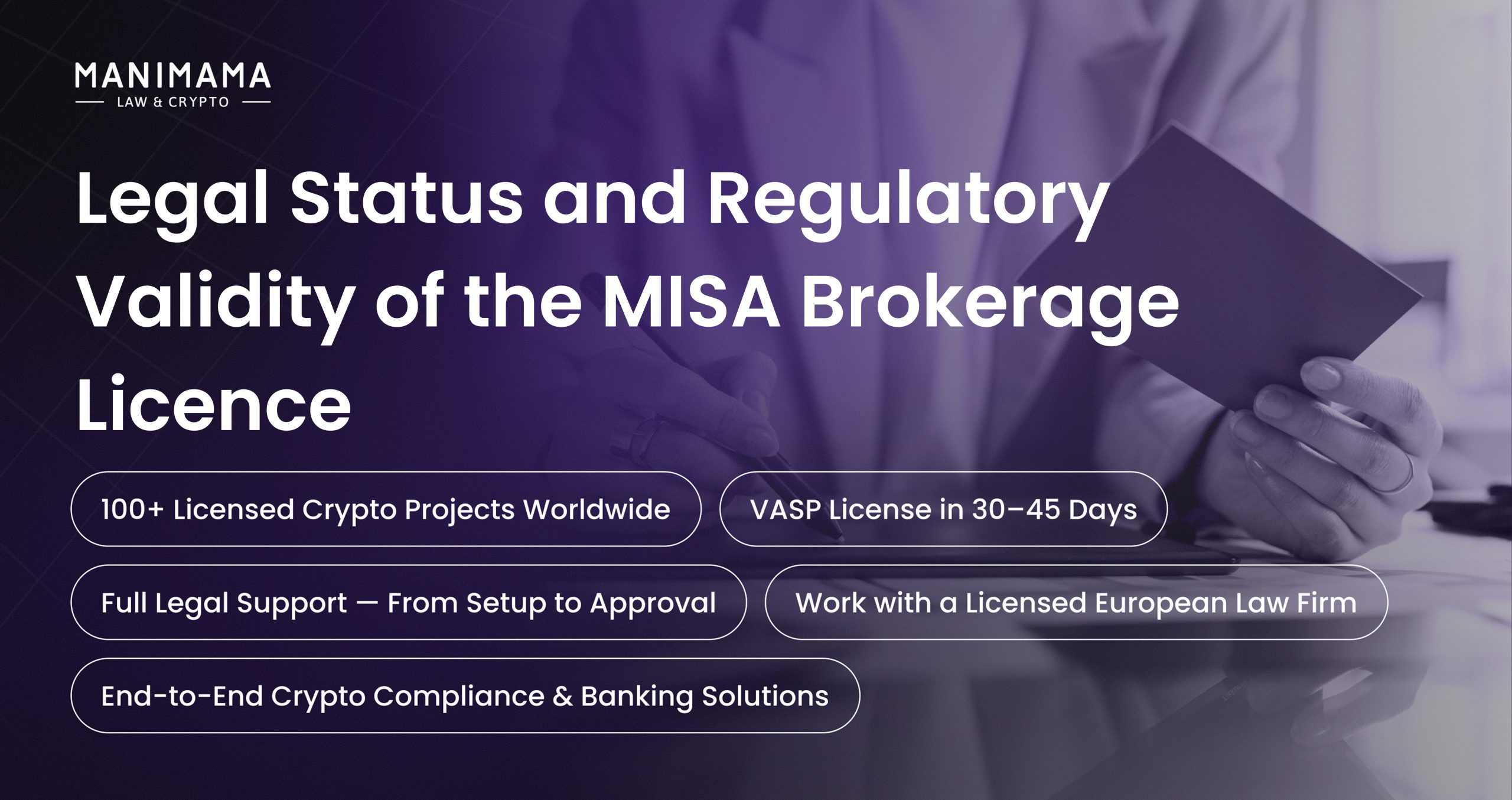South Africa is rapidly becoming one of the most advanced African jurisdictions for cryptocurrency regulation.
If you are wondering whether cryptocurrency is legal in South Africa or how the FSP licence affects crypto businesses, this guide covers everything you need to know to operate or invest with confidence.
Is Cryptocurrency Legal in South Africa?
Yes, cryptocurrency is legal in South Africa, but it does not qualify as legal tender.
The South African Reserve Bank (SARB) and the Financial Sector Conduct Authority (FSCA) treat crypto assets as financial products.
You can buy, hold, and trade Bitcoin and other digital assets, but companies offering crypto services must comply with strict financial regulations.
Key facts:
- Owning or trading crypto assets is permitted under South African law.
- Crypto profits fall under capital gains tax or income tax rules, depending on the type of activity.
- Service providers need an FSP licence to operate legally.
This framework creates a balanced environment, where investors gain consumer protection while businesses receive clear compliance rules.
Evolution of Crypto Regulation in South Africa
FSCA Declares Crypto Assets Financial Products
In October 2022, the FSCA officially classified crypto assets as “financial products”.
From this date, any person or company providing advice, intermediation, or dealing in cryptocurrency must comply with the Financial Advisory and Intermediary Services Act (FAIS).
FAIS Act and the Need for an FSP Licence
The FAIS Act is the cornerstone of crypto regulation in South Africa.
It requires any provider who:
- Advises on crypto investments,
- Facilitates trading or exchange of cryptocurrency in South Africa,
- Safeguards or administers crypto assets,
to apply for a Financial Services Provider (FSP) licence with the FSCA.
Understanding the FSP Licence
The FSP licence grants legal authority to provide financial services, including those related to crypto-assets.
It is mandatory for exchanges, brokers, wallet providers, and other crypto businesses.
Categories
The licence is issued in categories depending on the type of activity:
- Category I – advice and intermediary services (most crypto exchanges and advisors).
- Category II/IIA – discretionary investment management.
- Category III – administration of client assets.
- Category IV – special services.
Applicants must specify if they deal with crypto assets; a sub-category, “crypto asset product,” is included in the application forms.
Key Requirements
To qualify, applicants must meet fit and proper criteria:
- Qualified key individuals and representatives.
- Strong compliance and risk management systems.
- AML/KYC policies in line with the Financial Intelligence Centre Act (FICA).
- Adequate financial resources and audited reporting.
Fees and Timeline
Application fees vary by category.
For example, Category I costs approximately ZAR 2,700, while Category III can exceed ZAR 49,000.
Processing may take several months, depending on the completeness and accuracy of the documentation.
Deadlines and Transitional Period
When crypto assets were recognised as financial products, the FSCA gave existing providers a transition window to apply for licences:
- Application period: June 1, 2023 – November 30, 2023.
- Providers active during this period received a temporary exemption while their licence applications were under review.
- Operating without a licence after the deadline exposes businesses to penalties and possible criminal charges.
Why the FSP Licence Matters
Operating without an FSP licence is a criminal offence.
Penalties include heavy fines and imprisonment of up to 10 years.
Beyond legal compliance, the licence:
- Builds trust with customers and partners.
- Enables access to banking and payment rails.
- Helps attract institutional investors.
- Signals credibility in a market where scams remain a concern.
For exchanges and brokers, an FSP licence is a gateway to sustainable growth.
How Crypto Works for Users in South Africa
For everyday users, how Bitcoin works in South Africa is straightforward:
- Register with a licensed South African crypto exchange.
- Complete KYC verification (ID and proof of address).
- Deposit South African Rand (ZAR) via bank transfer or card.
- Buy Bitcoin or other crypto assets.
- Withdraw to a personal wallet or trade on the exchange.
Transactions are subject to AML monitoring and, in some cases, exchange-control reporting if funds cross borders.
Best Crypto Exchanges in South Africa
Finding the best cryptocurrency exchange in South Africa depends on factors such as licensing, security, and fees.
As of 2025, the FSCA has approved dozens of South African crypto exchanges under the new regime.
Popular regulated platforms include:
- VALR – a leading local exchange with FSCA authorisation and ZAR trading pairs.
- Luno – established platform offering easy fiat deposits.
- AltCoinTrader and other exchanges on the FSCA’s authorised list.
Global platforms like Binance remain under scrutiny; users should ensure that any service they use is licensed before trading.
How to Invest in Bitcoin in South Africa
For individuals asking how to invest in Bitcoin in South Africa, follow these steps:
- Choose a licensed exchange from the FSCA list.
- Verify your identity (FICA compliance).
- Fund your account in ZAR.
- Purchase bitcoin or other crypto assets.
- Store assets on the exchange or in a private wallet.
Profits from crypto trading or long-term holding are taxable, so keep accurate records for SARS.
Additional Regulatory Layers
Financial Intelligence Centre (FIC) Registration
Crypto-asset service providers (CASPs) must register as accountable institutions with the FIC and implement AML/CTF programmes.
Travel Rule
South Africa is implementing the FATF’s “Travel Rule”, which requires exchanges to share sender/receiver data for cross-border transfers exceeding set thresholds.
Exchange Control
The South African Reserve Bank treats crypto transfers as capital flows.
Moving crypto between a South African and a foreign exchange may require exchange control approval.
Key Takeaways
| Is cryptocurrency legal in South Africa? | Yes, but it is not legal tender and is regulated as a financial product. |
| Is bitcoin legal in South Africa? | Yes, provided you trade through compliant platforms. |
| Do crypto providers need a licence? | Yes, an FSP licence is mandatory under the FAIS Act. |
| What is the best crypto exchange in South Africa? | FSCA-licensed platforms like VALR, Luno or other authorised exchanges. |
| How to invest in bitcoin in South Africa? | Register on a licensed exchange, complete KYC, deposit ZAR and buy bitcoin. |
Conclusion
The South African crypto market remains open and full of potential, but compliance is critical.
The FSP licence ensures that crypto exchanges, brokers, and wallet providers operate transparently and comply with international AML standards.
Whether you plan to launch a platform or invest, understanding cryptocurrency regulations in South Africa is essential to safeguard your assets and achieve long-term success.
For expert legal guidance on FSP applications, cross-border structuring, or crypto-related compliance, Manimama’s team offers tailored support for companies and investors entering the South African market.
The content of this article is intended to provide a general guide to the subject matter, not to be considered as a legal consultation.











